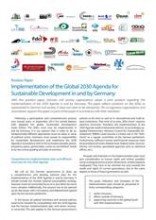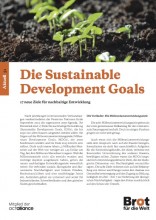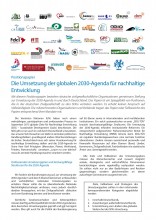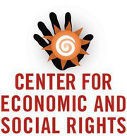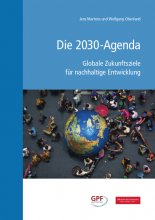by Kate Donald
This week, the UN Statistical Commission convenes for its annual meeting in New York. At the top of its agenda will be the latest report of the Inter-Agency and Expert Group on Sustainable Development Goal Indicators (IAEG-SDGs), which presents a final proposal for global indicators to monitor the SDGs. In the run-up to the Commission, various civil society groups have expressed their concern about particular indicators or missing indicators, as well as the opaque decision-making process.
The [...]


